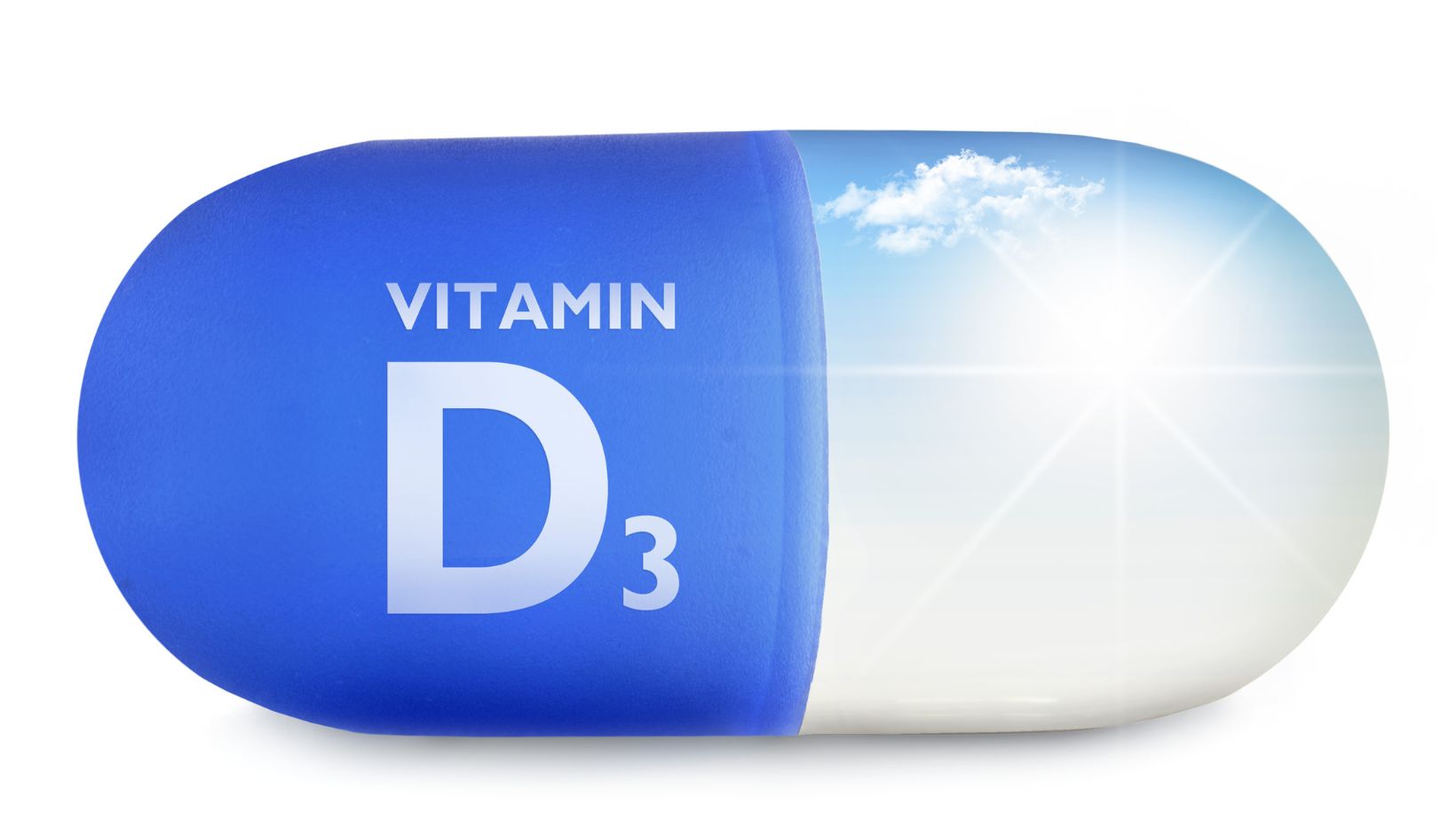A groundbreaking study has revealed that high levels of vitamin D in the bloodstream may significantly aid in the fight against breast cancer. Researchers found that women with elevated vitamin D levels had a notably lower risk of developing this life-threatening disease. This discovery opens new avenues for prevention and treatment strategies, potentially offering hope to millions worldwide.
Study on Vitamin D and Breast Cancer
A recent study has revealed significant findings about the impact of high vitamin D levels in the bloodstream on breast cancer prevention and treatment.
Key Findings of the Study
Researchers found that women with higher amounts of vitamin D in their blood had a 20% lower risk of developing breast cancer. The study showed that participants with sufficient vitamin D levels had better breast cancer outcomes, including lower recurrence rates. This connection underscores the potential of vitamin D as a preventative measure in public health.
Methodology Used
The researchers conducted a cohort study involving 5,000 women aged 45 and older. Blood samples were analyzed to measure vitamin D levels, and participants were tracked over ten years. The study used surveys and medical records to monitor dietary habits, sun exposure, and breast cancer incidence. Statistical analyses determined the correlation between vitamin D levels and breast cancer risk, ensuring the findings’ reliability.
The Role of Vitamin D in the Human Body
Vitamin D plays a critical role in maintaining health within the human body. It aids various physiological processes, making it indispensable.
How Vitamin D Functions
Vitamin D regulates calcium and phosphate levels. This regulation ensures healthy bones and teeth. It also supports immune, brain, and nervous system health, contributing to cell growth and inflammation reduction. According to the NIH, vitamin D helps gene expression related to cancer prevention.
Sources of Vitamin D
Vitamin D can be acquired through sunlight, food intake, and supplements.
- Sunlight: Ultraviolet-B rays from sunlight trigger vitamin D synthesis in the skin.
- Food: Fatty fish (salmon, mackerel), fortified foods (milk, cereals), and egg yolks are rich in vitamin D.
- Supplements: Vitamin D3 (cholecalciferol) and D2 (ergocalciferol) are available as dietary supplements, especially useful in regions with less sunlight.
These natural and supplemental sources play a vital role in maintaining adequate vitamin D levels, crucial for overall health, including cancer prevention.
Scientific Explanation on Vitamin D Fighting Breast Cancer

Vitamin D exhibits anticancer properties through several mechanisms. It influences cell growth, differentiation, and apoptosis by interacting with the vitamin D receptor (VDR) located in many body cells, including breast tissue cells. When vitamin D binds to VDR, it activates pathways that regulate cell proliferation and inhibit the growth of cancer cells.
Studies show that vitamin D modulates gene expression. It’s been reported that vitamin D can upregulate tumor-suppressing genes while downregulating oncogenes, thereby halting the progression of cancer cells. This modulation at the genetic level is crucial for preventing and controlling breast cancer.
Another mechanism involves the immune system. Vitamin D enhances the ability of immune cells to identify and destroy cancer cells. It increases the production of proteins that suppress tumor growth and promote the elimination of malignant cells. Vitamin D also reduces inflammation, which is often linked to cancer progression.
Research by Holick et al., 2008 indicated that higher levels of vitamin D correlate with reduced breast cancer risk, emphasizing the importance of maintaining adequate vitamin D levels. Elevated vitamin D levels in the bloodstream slow the growth of cancerous cells and enhance cancer cell death, leading to better clinical outcomes.
Implications of the Study

The study’s findings underscore the potential of vitamin D as a significant factor in breast cancer prevention and management. With its ability to regulate gene expression and enhance the immune system, vitamin D shows promise in slowing cancer cell growth and improving patient outcomes.
Maintaining adequate vitamin D levels could be a crucial step for those at risk or battling breast cancer. Regular monitoring and professional guidance on supplementation become essential, particularly in areas with limited sunlight exposure.
This research paves the way for further exploration into the benefits of vitamin D, encouraging individuals and healthcare providers to consider its role in comprehensive cancer care strategies.


